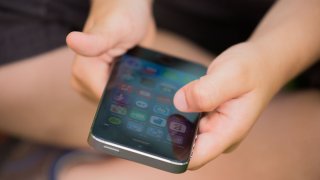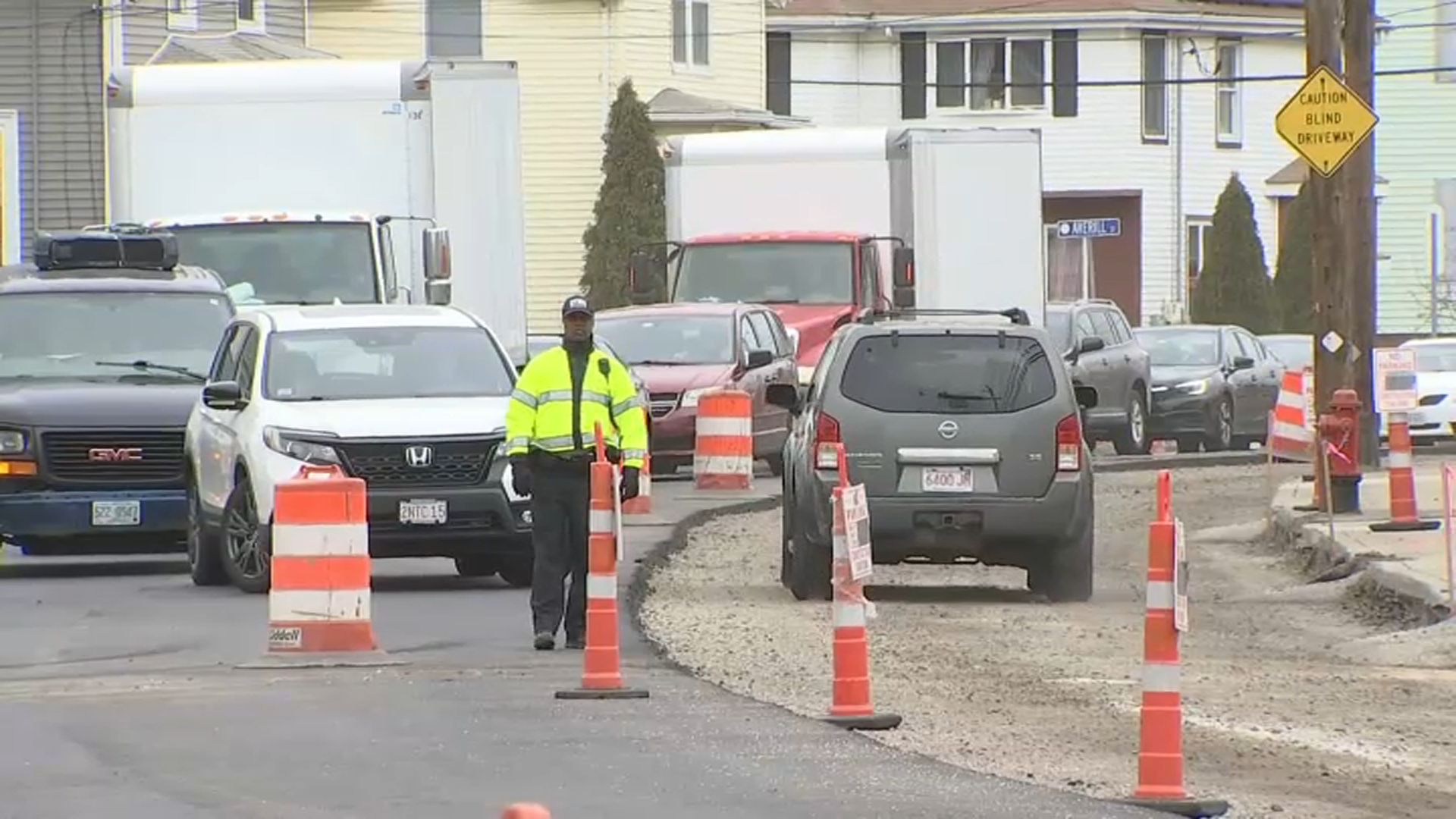
Some students at Taunton High School received sexually explicit content from another person's phone last week while classes were in session, officials said Thursday.
The nature of the content wasn't immediately clear, nor did Taunton Superintendent of Schools John Cabral share how many students received the content in his statemet announcing the district's investigation into what happened.
But Taunton police were notified about what happened, and Cabral said that "Anyone found responsible for sending inappropriate content will be held accountable for their actions in accordance with the district's policies and procedures."
The incident took place Wednesday, Oct. 6. Administrators turned off the school's Wi-Fi when they realized what was happening, hoping to hinder further attempts to spread the content, which had been shared via Apple's AirDrop service, Cabral said.
Get Boston local news, weather forecasts, lifestyle and entertainment stories to your inbox. Sign up for NBC Boston’s newsletters.
AirDrop is a way for Apple devices to exchange content wirelessly, using Bluetooth and Wi-Fi signals. But it wasn't immediately clear whether turning off the Wi-Fi would stop such incidents -- Apple's AirDrop service doesn't require two phones to be connected to Wi-Fi, only that they have their Wi-Fi turned on.
Cabral said Taunton High School's guest Wi-Fi would stay disabled indefinitely, though the school's password-enabled Wi-Fi will be available "for teachers and students using approved technology," so education would not be impacted. The district is installing new software to increase security on its networks.
Local
In-depth news coverage of the Greater Boston Area.
Regardless of the additional security measures, Cabral said that the district can't monitor the content on students' phones, which is a place where parents should be involved.
"We need everyone's cooperation in ensuring that incidents such as this one do not occur in the future. Parents and guardians are encouraged to change their children’s iPhone settings to ensure that their phones don’t receive any AirDrops from people they don’t know," he said.



